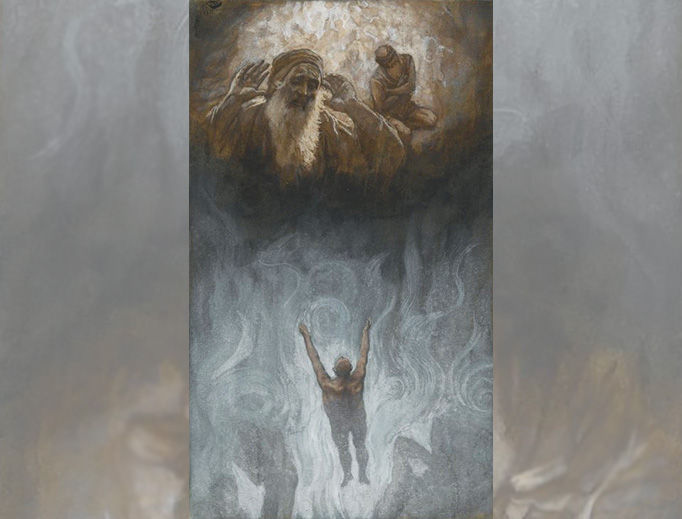J
JimG
Guest
But, as I recently argued, judgment is not fundamentally about laws. It is fundamentally about whether, at this moment in a human’s eternal life, I have or have not made myself, with the help of His grace, capable of a communion of persons with God. If heaven is a nuptial feast (Matthew 25:1-13), then judgment is whether or not you are capable of being the beloved, the bride.

 www.ncregister.com
www.ncregister.com

Hell is Real. People Really Go There. Why Modern Man Can’t Understand This...
The kind of person we’ve made ourselves into at death is the kind of person we are for eternity.

